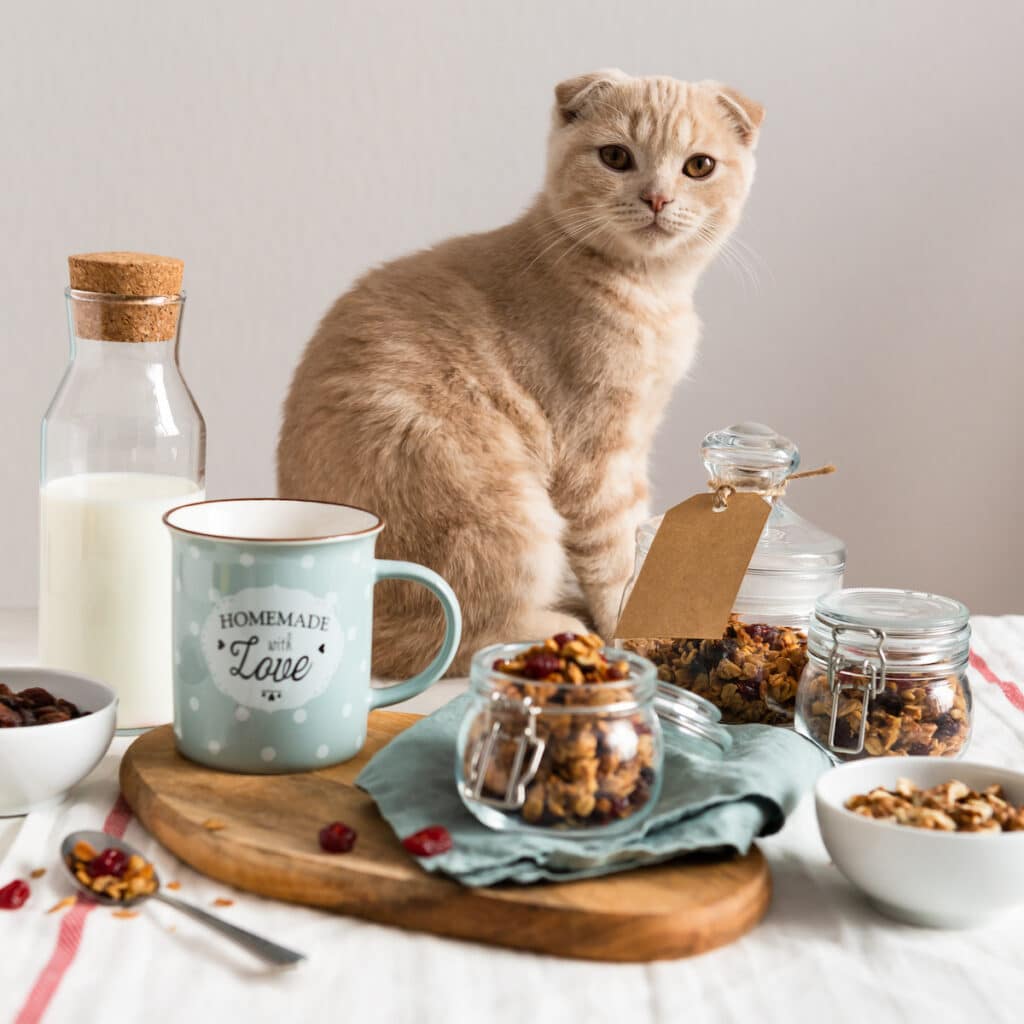Those who have pets wonder whether almonds are poisonous to cats. Although almonds are not a dangerous food for cats, they can cause some digestive problems. The main reason for this is the fat content of almonds. If a cat eats too many almonds, it may experience stomach aches, constipation, and pancreatitis. It may also experience weight gain, and may need to be checked by a veterinarian.
Several plant seeds contain natural toxins called cyanogenic glycosides. These toxins are also found in peach pits and apple seeds. They can cause an upset stomach and hyperventilation in cats. In severe cases, cyanide poisoning can be fatal. Symptoms include dilated pupils, hyperventilation, and agitated stomach. Those who are feeding almonds to their cats should be aware of these risks and should take steps to prevent cyanide poisoning.
Aside from cyanide, almonds are also toxic to cats because they contain high levels of salt. Cats do not respond well to salt. They should be given plenty of fresh water, and should not be given any salty food. Excessive salt can cause many feline medical problems, including sodium ion toxicosis. Sodium ion toxicosis can be fatal, so it is important to avoid salty foods.
If your cat is suffering from digestive problems, you should check with your veterinarian. If the problem is severe, your cat may require surgery. In most cases, digestive problems in cats will resolve on their own. However, you should monitor your cat’s condition to make sure it does not become ill again.
You should also be careful about roasted almonds. These nuts contain a high amount of sodium chloride. If your cat eats roasted almonds, it may become dehydrated. If dehydration occurs, it can worsen the symptoms of salt poisoning. If your cat is experiencing any of these problems, you should give your cat lots of fresh water and contact your veterinarian.
You should also be careful about almond milk. If your cat drinks almond milk, you should be aware that it does not contain dairy products. It is possible that the milk contains ingredients that are toxic to cats. If your cat experiences any type of allergic reaction to almond milk, you should stop giving it to your cat and contact your veterinarian.
Generally, sweet almonds are safe to give to cats. They contain protein, fiber, and minerals. However, they do not have sufficient amounts of protein to meet the nutritional needs of a cat. You should always ensure that your cat is getting enough protein from other sources.
If you are giving your cat almonds, you should also check with your veterinarian for any signs of cyanide poisoning. In addition, you should watch for signs of digestive problems, including diarrhea, indigestion, constipation, and loose bowel. If you suspect that your cat is experiencing cyanide poisoning, you should seek emergency veterinary treatment.
The American Society for Prevention of Cruelty to Animals advises against feeding almonds to cats. However, they do not recommend giving your cat bitter almonds. These nuts contain a compound called amygdalin, which can cause cyanide poisoning in cats. In some cases, an adult cat can die from cyanide poisoning.














